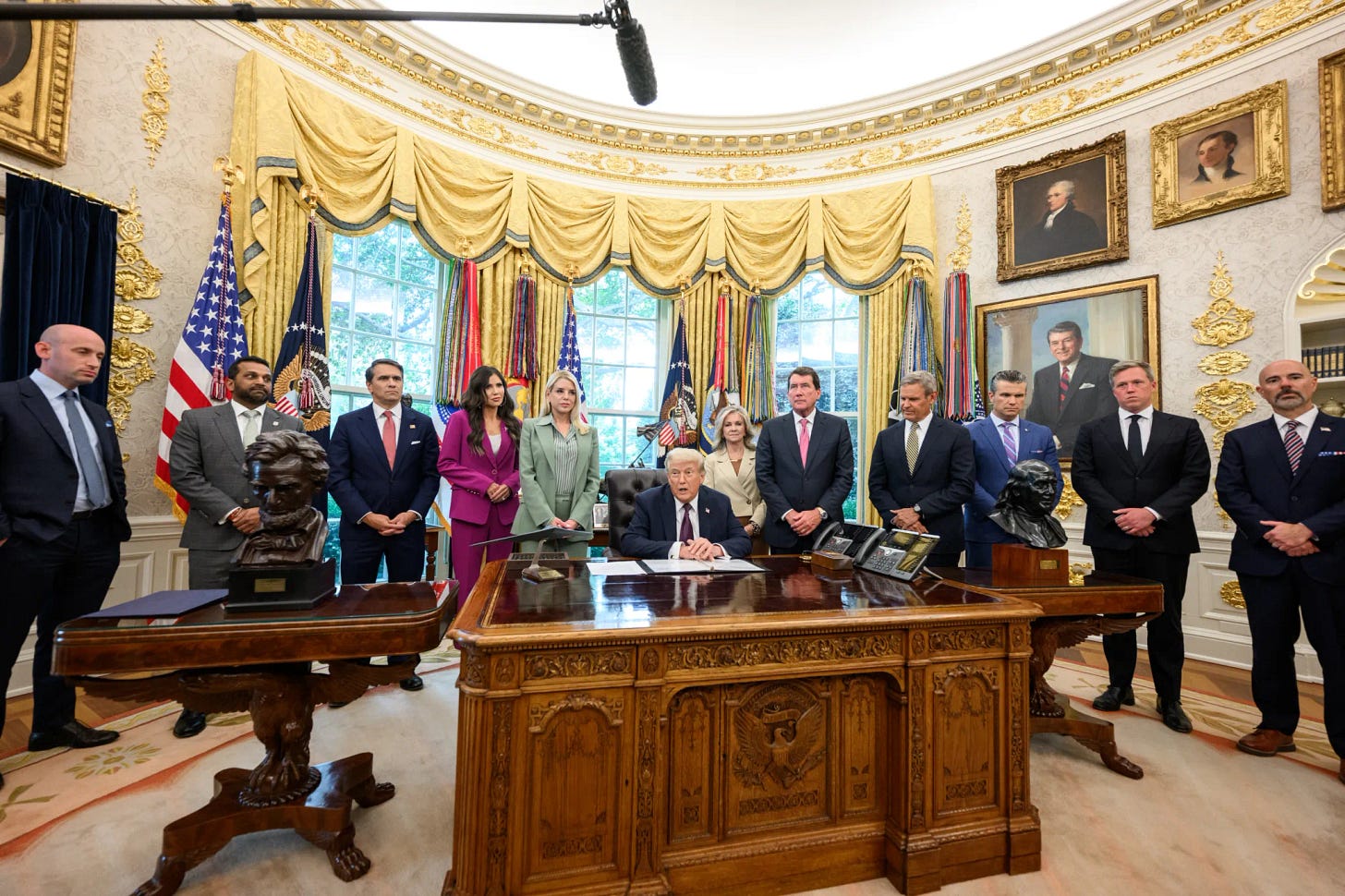President Donald Trump has signed a sweeping proclamation requiring companies to pay a $100,000 annual fee for each H-1B visa application, marking the most dramatic overhaul of the skilled worker program in decades as part of his broader immigration crackdown. The executive action, which takes effect September 21, 2025, will transform the visa landscape for technology companies and foreign professionals seeking to work in the United States.
Tech Giants Face Major Financial Burden
The new fee structure will heavily impact major technology companies that have historically relied on H-1B visas to recruit international talent. Amazon, which currently leads in H-1B approvals with over 10,000 visas, faces potential annual costs exceeding $1 billion under the new system. Other primary beneficiaries, including Tata Consultancy Services with 5,505 approved visas, as well as Microsoft, Meta, Apple, and Google, must now evaluate whether individual workers justify the substantial investment.
"The company must determine whether the individual is worth a $100,000 annual payment to the government, or if they should return home and hire an American instead," Commerce Secretary Howard Lutnick explained during a press briefing.
Administration Justifies Move as Abuse Crackdown
Trump administration officials have characterized the H-1B program as systematically exploited to replace American workers with lower-paid foreign labor, particularly in the information technology sector. White House staff secretary Will Scharf described the H-1B program as "one of the most abused visa systems," emphasizing that it was intended for specialized professionals in fields where domestic expertise is scarce.
The proclamation cites job losses, wage suppression, and national security risks as justification for the unprecedented fee, which Trump called a necessary measure to curb "systemic abuse" of the immigration system. The administration argues this will ensure only genuinely highly skilled professionals enter the United States rather than workers who are easily replaceable by Americans.
Industry Response and Legal Challenges Expected
Immigration attorneys and business organizations have responded with sharp criticism, with many preparing immediate legal challenges to the proclamation. Aaron Reichlin-Melnick, a senior policy analyst at the American Immigration Council, labeled the decision "almost certainly unlawful and likely to be struck down in court," arguing the government lacks authority to set fees designed to limit visa usage.
The American Immigration Lawyers Association condemned the policy as turning the H-1B program into a "pay-to-play system" that will shut out teachers, non-profits, researchers, rural doctors, and other professionals who cannot afford the elite fee structure. Major technology companies have already begun advising their foreign employees to remain in the United States or return quickly to avoid potential entry denials.
Golden Visa Initiative Unveiled
Alongside the H-1B restrictions, Trump announced a new "gold card" visa program allowing wealthy individuals to expedite their immigration process for $1 million, or $2 million if sponsored by a corporation. This initiative represents a stark contrast to the barriers imposed on skilled worker visas, creating a two-tiered system that favors wealthy immigrants over professionals in essential sectors.
Economic Impact and Future Implications
The dramatic fee increase, from approximately $1,500 to $100,000 annually, is expected to reshape how companies approach international hiring, particularly for positions that have been historically outsourced to countries like India. With H-1B applications already declining to around 359,000 for the upcoming fiscal year—a four-year low—the new fee structure may further reduce foreign worker participation in the U.S. economy.
The policy takes effect as the Trump administration intensifies its immigration enforcement efforts with raids and deportation initiatives across multiple cities, signaling a comprehensive approach to restricting both legal and illegal immigration pathways. Legal challenges are expected to focus on presidential authority, procedural requirements, and the proportionality of restrictions in relation to the stated security concerns.



